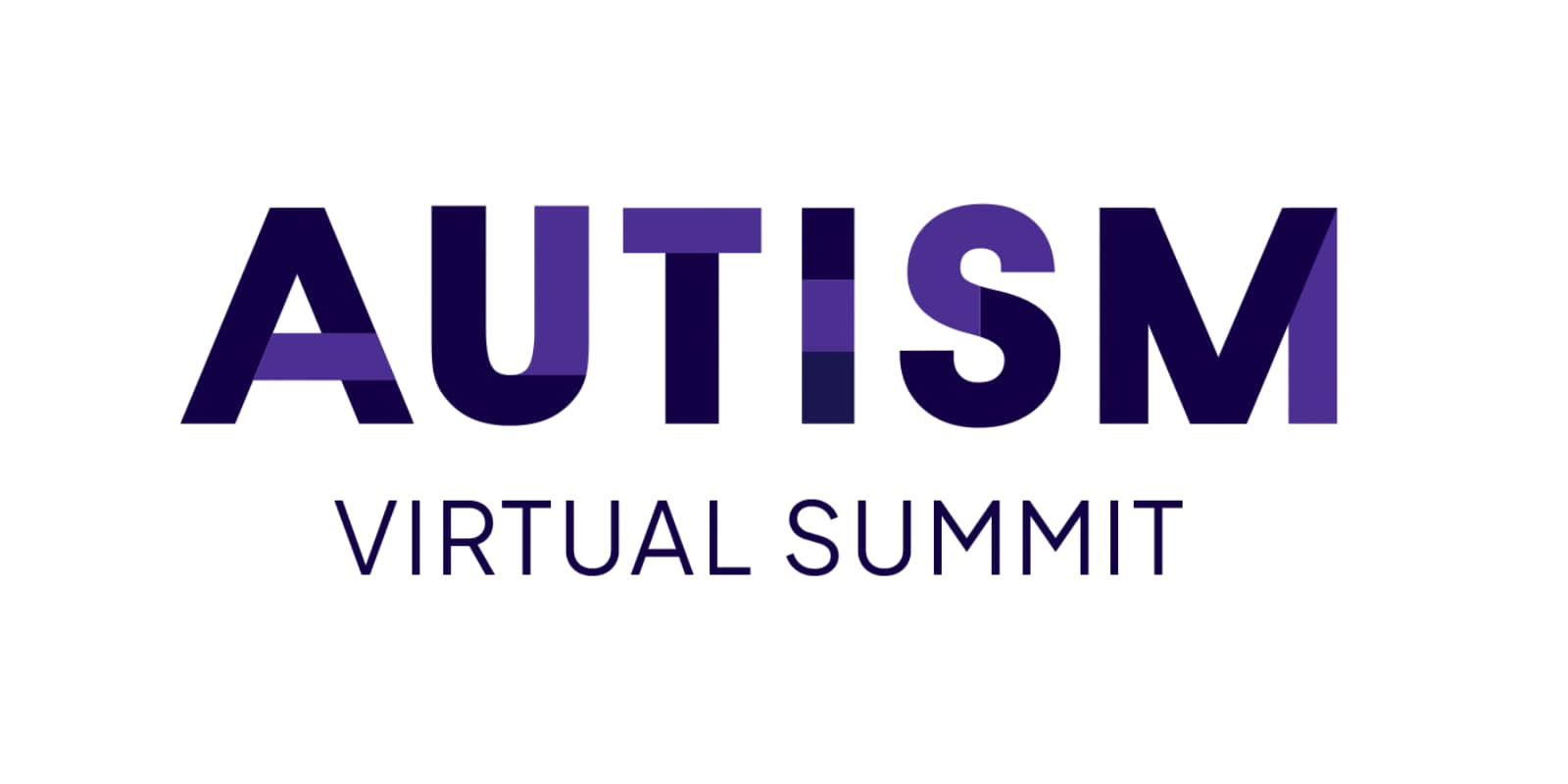Dyslexia

You can find a multitude of dyslexia definitions around the world, but the British Dyslexia Association defines it as,

A learning difference which primarily affects reading and writing skills. However, it does not only affect these skills. Dyslexia is actually about information processing. Dyslexic people may have difficulty processing and remembering information they see and hear, which can affect learning and the acquisition of literacy skills. Dyslexia can also impact on other areas such as organisational skills.

Expert Voices. Transformative Insights. Driving Change.
April 29, 2026
Register and take advantage of early bird pricing on live and blended learning!



